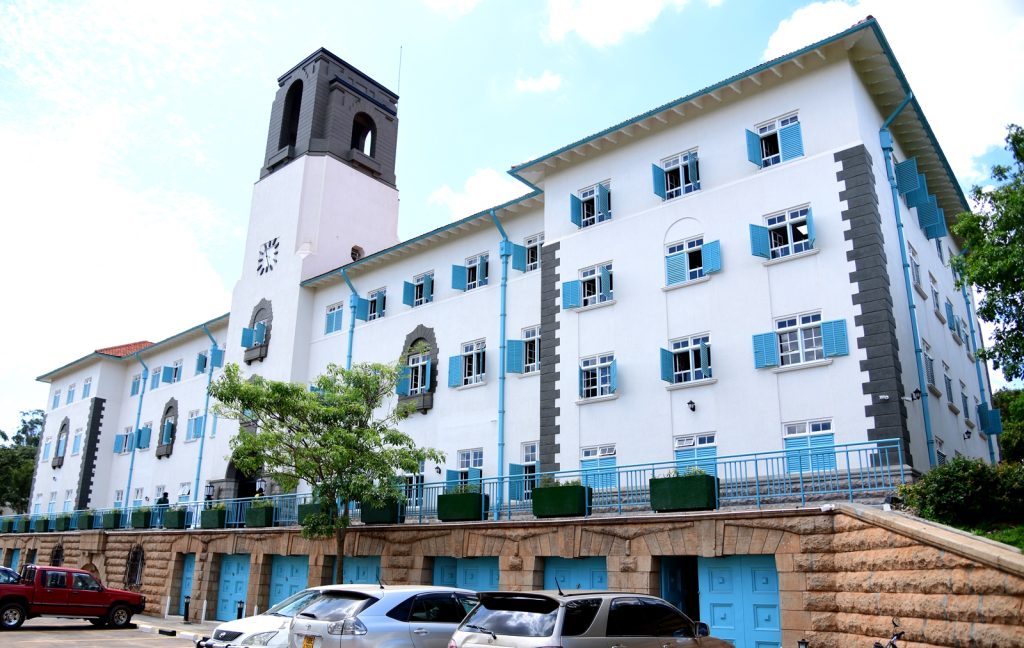SoL Engages In Curriculum Review
The School of Law Makerere University has embarked on a curriculum review exercise with a view of making the Law course more relevant to the needs of the society.
During a curriculum review retreat held at the Source of the Nile Hotel recently, the Law dons looked critically at the various aspects of the law program noting that the content of the program accrues from areas like national reports , democratic governance , nation building rule of law, democratization and constitutionalism. It was however noted that there has been institutional collapse and equally the legal profession is collapsing hence the need to review the program.
The professionals noted that the products from the law institution are increasingly getting un employable due to lack of requisite skills and therefore saw a need for changing the education system which emphasizes less on memory but more on skills, which can only be realized if people are encouraged to think, solve problems by doing things. The training as it is theoretical aimed at passing exams and does not reflect the changes in the law sector hence the insufficient motivation to learn by the students.
The team recommended among other things the revival of tutorials for the first year students as well as taking on courses like development studies, social research, internships, in order to fulfil the purpose of linking law to other fields of knowledge and the study of reality. More practical ways of teaching were recommended and they include the moot courts, Information and communication technology, oil and gas among others

It was noted that the current way of teaching has revealed that the staff and students are fatigued with examinations and that even the law teachers are in most cases more like part time lecturers and lack pedagogical skills generally. It was further noted that the law teachers have been left to work and grow individually with no more staff seminars at hand.
The law teachers pointed out that the course units in the law curriculum do not reflect the changes over the years such as the history and nature of torts. It was suggested that clinical legal education methodologies be opened up as well as emphasizing the acquisition of soft skills like interpersonal relationships, critical thinking skills in order to create a versatile law students
The discussions were also directed at identifying ways through which students can be prepared for the market, how to help students learn, how to assist the lecturers with the required skills to help students get interested and to demonstrate relevance of the courses, legal writing, analytical skills as well as a review of the entry requirements set for the law program.
A number of new courses were proposed. In the environmental law centre, proposed courses included Comparative environmental law policy and LL.M, Environmental law and policy for natural resources and energy industries. Under the Human rights and peace centre, it was stated that emphasis would be put on increased research and advocacy. Propose courses include Human Rights courses in the domestic perspective, international and regional Human Rights, civil society law

The other proposed course is the interdisciplinary program in law and finance to be jointly conducted by the School of law and the College of Business and management, LL.M in Petroleum and energy law



